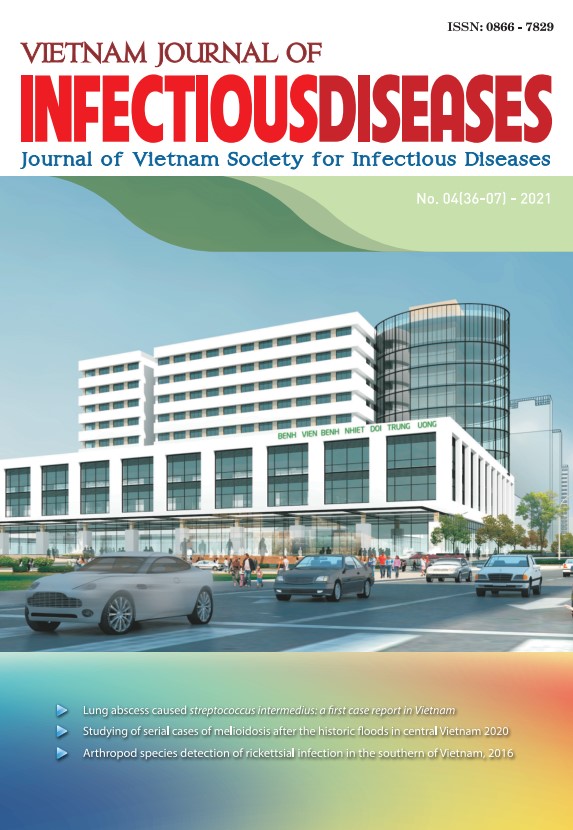EVALUATION OF NURSING AWARENESS ABOUT EVIDENCE - BASED PRACTICE AT NHAN AI HOSPITAL IN 2020
Main Article Content
Abstract
Objectives: Describe the nurse's knowledge, skills, and attitudes about EBP. Determine the relationship between some demographic factors (age, gender, professional qualifications, working time, training on EBP) with knowledge, attitude and skills of nurses about EBP.
Subjects and methods: A cross - sectional description was used in this study. All nurses with college degrees or higher and have worked at the charity hospital for 6 months or more. Data were collected from June to September 2020 using a self - completed questionnaire.
Results: the results of a study of 105 nurses showed that the knowledge, attitude and practice of nurses about EBP with the corresponding average scores: (4.49 ± 0.45) : (4.08 ± 0.34) : (4.69 ± 0.43). The factors of age, gender, education level, working time, function and training on EBP have a statistically significant relationship (p < 0.05). The positive correlation between knowledge score and attitude towards EBP with coefficient r = 0.253. The negative correlation between knowledge score vs practice towards EBP correlation coefficient r = - 0.06. The positive correlation between attitude score versus knowledge towards EBP correlation coefficient r = 0.253. There is a strong positive correlation between attitude score versus practice towards EBP correlation coefficient r = 0.955.
Conclusions: Provide appropriate strategies to improve the knowledge, attitude and practice of EBP for nurses, thereby encouraging them to apply the latest evidence in patient care, contributing to improving service quality, medical service.
Article Details
Keywords
Evidence - based practice, knowledge, attitude, practice, nursing


